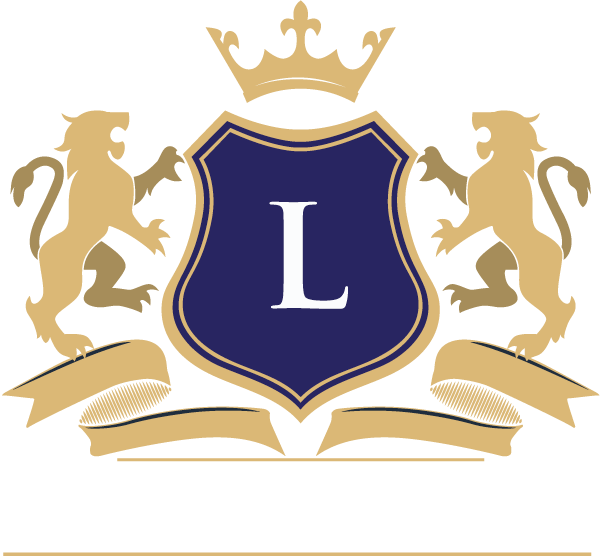The integration of ChatGPT, an AI chatbot developed by OpenAI, represents a significant technological advancement in the realm of education. Its introduction into educational settings has generated a spectrum of reactions, ranging from enthusiastic anticipation to apprehension. This technology stands poised to revolutionize the landscape of learning and teaching methodologies by offering innovative ways to engage with educational content and streamline certain aspects of academic work.
However, alongside its promise of enhancing the educational experience, ChatGPT has ignited considerable discourse and concerns regarding its potential impact on academic integrity. The use of an AI-powered tool capable of generating text and ideas brings into question the authenticity and originality of student work. This duality—of promising innovation and potential threats to academic integrity—has catalyzed impassioned debates within educational institutions worldwide. It has prompted educators, administrators, and policymakers to critically assess the implications and ethical considerations associated with integrating such technology into traditional pedagogical frameworks.
Understanding ChatGPT’s Significance
Dr. Vaughan Connolly and Dr. Steve Watson, experts from the University of Cambridge’s Faculty of Education, offer nuanced insights into the implications, possibilities, and challenges of integrating ChatGPT within educational frameworks.
Transformative Potential for Educators
- Vaughan Connolly’s Perspective: Vaughan emphasizes the pivotal role ChatGPT plays in reshaping the educational landscape. He likens its impact to the transformative influence of Google in 1998. Vaughan stresses the urgency for educators to engage with this technology meaningfully, recognizing its potential to reshape the future of learning.
- Steve Watson’s Insights: Steve highlights ChatGPT as a powerful assistive technology, particularly beneficial for organizing and presenting ideas. He encourages educators to focus on the tool’s ability to aid students in formulating and articulating thoughts effectively, shifting educational emphasis towards critical thinking.
Navigating Opportunities and Challenges
- Educational Adaptation: Both experts caution against simplistic views of banning or blindly embracing ChatGPT. They emphasize the need to adapt to its complexities and opportunities. While acknowledging its transformative potential, they stress the importance of exploring its limitations and guiding students on its appropriate use.
- Potential for Bias and Inequality: The conversation delves into concerns about potential biases and inequalities perpetuated by ChatGPT. Acknowledging the technology’s limitations, both experts underscore the need for diverse data sets and critical training to navigate and mitigate such biases.
Responding Meaningfully at All Levels
- Educational Institutions’ Responsibility: Connolly and Watson advocate for a proactive approach within schools and universities. They urge collaborative exploration, suggesting interdisciplinary discussions to harness ChatGPT’s potential effectively while addressing concerns.
- Encouraging Collaboration and Experimentation: Highlighting the need for collaboration between academia and practitioners, they stress the importance of a dynamic, experimental approach to refine ChatGPT’s usage in education.
Embracing Technological Advancements Wisely
Connolly and Watson underscore the urgency for educational institutions to proactively engage with ChatGPT. They emphasize the need for a balanced approach that acknowledges its transformative potential while responsibly navigating challenges and limitations.
As ChatGPT continues to evolve, its integration into education requires a thoughtful, collaborative approach, ensuring that its use aligns with educational objectives while fostering critical thinking and ethical engagement among students.







Leave a Reply
You must be logged in to post a comment.